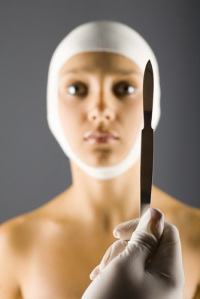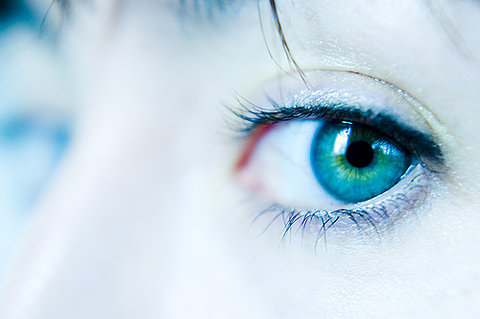Buyer's Remorse In Plastic Surgery
/ "OMG!! what did I do?! ...
"OMG!! what did I do?! ...
I must be crazy to do this!" said my patient only hours after her tummy tuck. She was in some pain and distress, as the anesthesia was wearing off, and began a tirade of self-disparaging statements reflecting all her worst fears and anxieties about the surgery.
I stopped what I was doing, and sat down with her on the recovery room bed to calm her down. It's amazing how comfortable those recovery room beds are...and the patients seem to really like it when I take my time to explain and review things with them. She did fine after some pain meds and a little small talk, and on her 1 week postop visit, was happy as a clam with her new flat tummy. And that's when I realized just how common "buyer's remorse" is in plastic surgery.
Plastic surgery, especially cosmetic surgery, is elective. That means that it isn't surgery that you need, but surgery that you want. Oftentimes, people overlook the pain and discomfort that is inherent to any surgery. Although, most people who have had plastic surgery, and, gladly, the vast majority of my patients, will say that they are happy with the decisions that they made, a certain segment of the patient population will always have difficulties in adjusting to the postoperative demands, no matter how carefully they were selected by the surgeon or how well surgery was performed.
Every plastic surgeon hones his/her patient selection skills over years of education, training, and practice. The goal of every plastic surgery practice is to only have happy patients. As this is an ideal that will probably never be reached, we surgeons must realize that some of our patients will be unhappy, at various stages of the postoperative period. Those patients need special attention, understanding, and a compassionate review of clinical details. They must be empowered, and be actively involved in the procedures of postoperative recovery. It's also important to give your patients options as to colleagues who may serve as second opinions.
As a patient, if you find yourself unhappy with the results of a cosmetic procedure, take a deep breath and fret not, as it depends on the timing. Most early remorse cases are due to the unexpected, and probably poorly managed, pain and discomfort. Moreover, remorse is clearly correlated with incidence of complications of surgery. In the case of the former, simple and more precise pain control and behavior modification is all that is needed. In the latter, both preoperative and postoperative miscommunication between patient and surgeon is the usual contributing factor. As difficult as it is to do, as a patient you must communicate with your surgeon, even if you believe that he/she is responsible for a poor outcome.
We must realize that we can all end up being the patient who regrets having plastic surgery. It can happen if you're the best patient, or if you have the best doctor. What's important for both of you is to keep the lines of communication open so that proper, just, and adequate resolution is reached. No patient should abandon his/her doctor, and the opposite is just as true.











